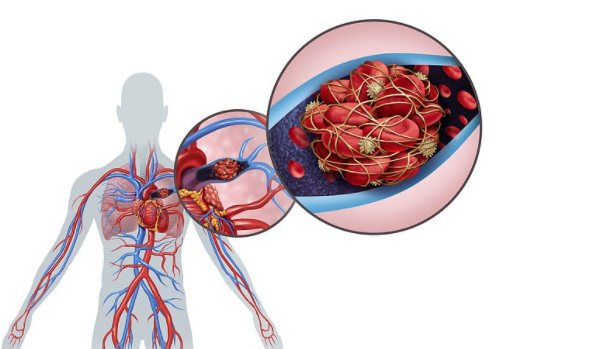COVID-19 Update May 29, 2020
- icshealthsciencejournal

- May 29, 2020
- 2 min read
This article contains:
Blood Clots to COVID-19
Blood Clots to COVID-19
Written By: Tawan Petpaiboon
There has been some research suggesting that thrombosis is the cause of deaths. It has been measured that 40% of the people infected with COVID-19 died from blood clots. Thrombotic disease is the symptom that is caused by blood clots in blood vessels. When infected by COVID-19, the epithelial cells of the alveoli of the patient will die, attracting platelets to come to the infected region and form blood clots. Because of these clots, the pathway of the circulation is prevented, and blood cannot become oxygenated. Other symptoms of COVID-19 like purple rashes and swollen legs are also predicted to be caused by these blood clots. Blood clots can result in pulmonary embolisms, heart attacks, and strokes. The presence of D-Dimer, a small protein that appears after the degradation of blood clots, is an indicator of whether the patient infected by coronavirus will die. Pathogens may also attack the lungs.
The virus interferes with the immune system of the host. Eventually, many blood clots are formed from the weakening of the immune system. It is, therefore, hypothesized that the virus might attack cells by increasing blood clots. Another view contrasts with this. Some scientists doubt that the virus is the only factor to blood clots. They refer to other factors such as age, weight, congenital diseases, and even inheritance through genetics.
Regardless of the unknown cause of the blood clots, scientists still thrive to find the cure to eliminate them. The symptom that deals with the following methods is the issue of breathing. Treatment of blood thinners are considered to be put into use. However, the debate over the amount of blood thinners that should be taken is still being decided because these drugs may have dangerous side effects at high doses. Because these blood clots disrupt the process of breathing, a ventilator may be a choice of aid to the patient.
An example of blood thinners, Heparin, is observed to show that it can dissolve the clots. Furthermore, it can also rebuild the layer of epithelial cells of the blood vessel. Another experiment was also conducted to find that heparin can decrease the attacks by SARS (Severe Acute Respiratory Syndrome). It has been administered by some doctors that people with low oxygen levels in their blood should be treated with Heparin. However, the medicine should not be swallowed but rather injected. The doses of Heparin should also be suggested by doctors.







Comments